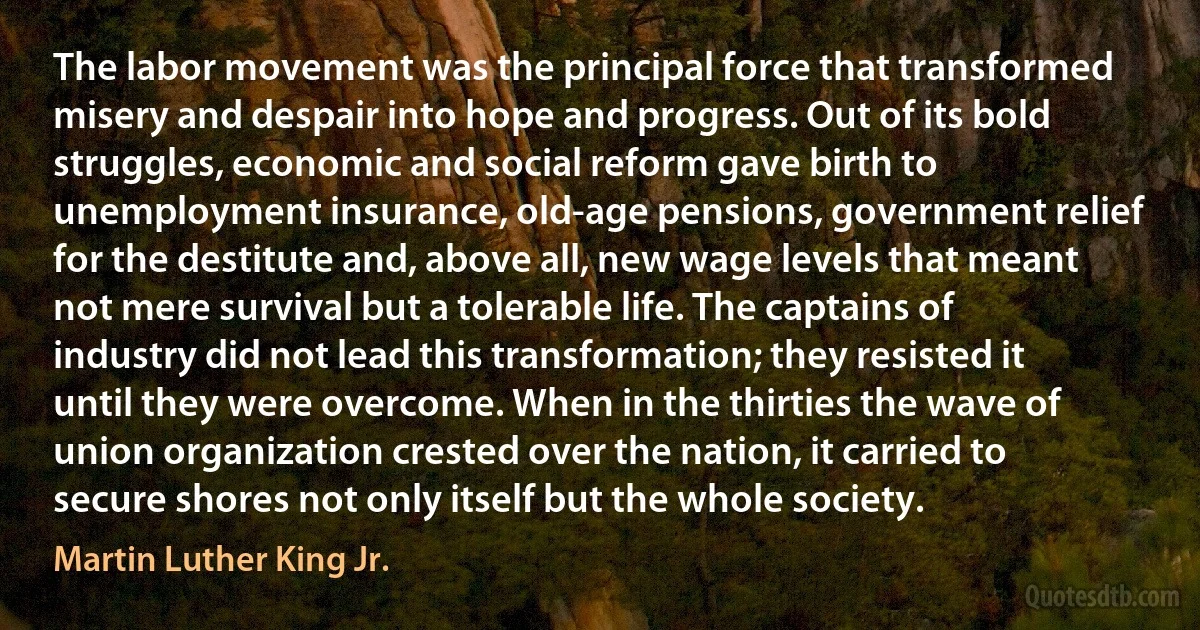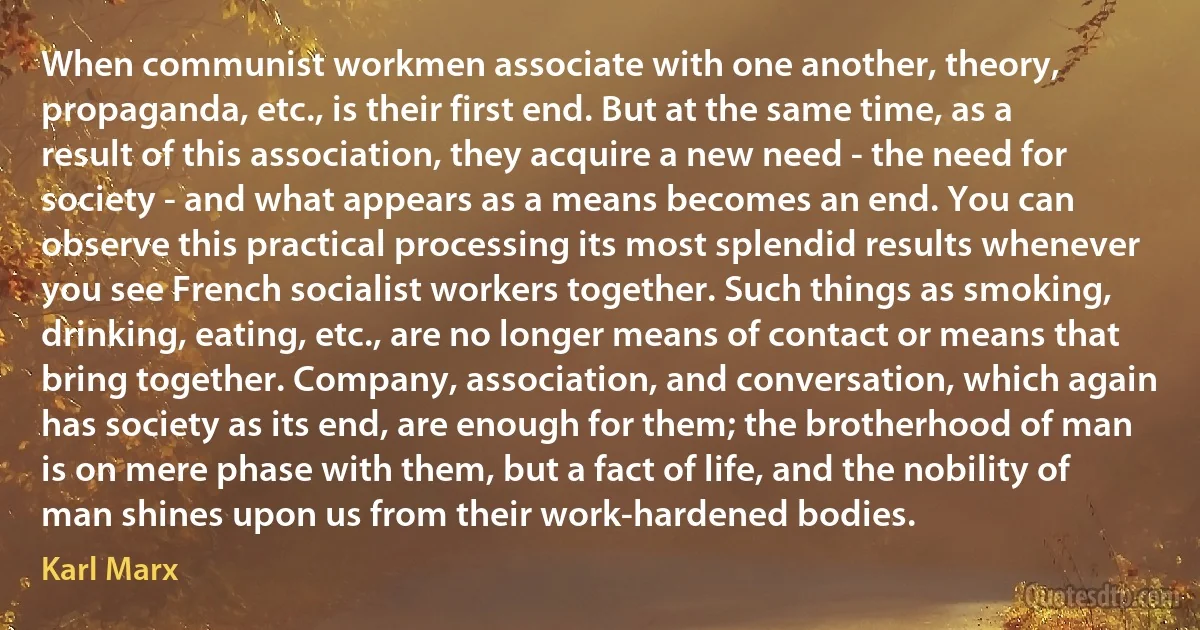Mere Quotes - page 34
At this time, Icelanders were said to be the poorest people in Europe, just as their fathers and grandfathers and great-grandfathers had been, all the way back to the earliest settlers; but they believed that many long centuries ago there had been a Golden Age in Iceland, when Icelanders had not been mere farmers and fisherman as they were now, but royal-born heroes and poets who owned weapons, gold, and ships.

Halldór Laxness
A wise man once said that next to losing its mother, there is nothing more healthy for a child than to lose its father. And though I would never subscribe to such a statement wholeheartedly, I would be the last person to reject it out of hand. For my own part, I would express such a doctrine without any suggestion of bitterness against the world, or rather without the hurt which the mere sound of the words implies.

Halldór Laxness
Out of this folk mind, turned into stories and crowded with thousands of years of life, grew, literally, the Chinese novel. For these novels changed as they grew. If, as I have said, there are no single names attached beyond question to the great novels of China, it is because no one hand wrote them. From beginning as a mere tale, a story grew through succeeding versions, into a structure built by many hands.

Pearl S. Buck
The second doctrine of the Perennial Philosophy - that it is possible to know the Divine Ground by a direct intuition higher than discursive reasoning - is to be found in all the great religions of the world. A philosopher who is content merely to know about the ultimate Reality - theoretically and by hearsay - is compared by Buddha to a herdsman of other men's cows. Mohammed uses an even homelier barnyard metaphor. For him the philosopher who has not realized his metaphysics is just an ass bearing a load of books. Christian, Hindu, Taoist teachers wrote no less emphatically about the absurd pretensions of mere learning and analytic reasoning.

Aldous Huxley
Propaganda in favor of action that is consonant with enlightened self-interest appeals to reason by means of logical arguments based upon the best available evidence fully and honestly set forth. Propaganda in favor of action dictated by the impulses that are below self-interest offers false, garbled or incomplete evidence, avoids logical argument and seeks to influence its victims by the mere repetition of catchwords, by the furious denunciation of foreign or domestic scapegoats, and by cunningly associating the lower passions with the highest ideals, so that atrocities come to be perpetrated in the name of God and the most cynical kind of Realpolitik is treated as a matter of religious principle and patriotic duty.

Aldous Huxley
Shakespeare, no mere child of nature; no automaton of genius; no passive vehicle of inspiration possessed by the spirit, not possessing it; first studied patiently, meditated deeply, understood minutely, till knowledge became habitual and intuitive, wedded itself to his habitual feelings, and at length gave birth to that stupendous power by which he stands alone, with no equal or second in his own class; to that power which seated him on one of the two glorysmitten summits of the poetic mountain, with Milton аs his compeer, not rival. While the former darts himself forth, and passes into all the forms of human character and passion, the one Proteus of the fire and the flood; the other attracts all forms and things to himself, into the unity of his own Ideal. All things and modes of action shape themselves anew in the being of Milton; while Shakspeare becomes all things, yet for ever remaining himself.

Samuel Taylor Coleridge
Efficiency of a practically flawless kind may be reached naturally in the struggle for bread. But there is something beyond - a higher point, a subtle and unmistakable touch of love and pride beyond mere skill; almost an inspiration which gives to all work that finish which is almost art - which is art.

Joseph Conrad
It takes courage to love, but pain through love is the purifying fire which those who love generously know. We all know people who are so much afraid of pain that they shut themselves up like clams in a shell and, giving out nothing, receive nothing and therefore shrink until life is a mere living death.

Eleanor Roosevelt
The ideas set forth by organismic biologists during the first half of the twentieth century helped to give birth to a new way of thinking - "systems thinking" - in terms of connectedness, relationships, context. According to the systems view, the essential properties of an organism, or living system, are properties of the whole, which none of the parts have. They arise from the interactions and relationships among the parts. These properties are destroyed when the system is dissected, either physically or theoretically, into isolated elements. Although we can discern individual parts in any system, these parts are not isolated, and the nature of the whole is always different from the mere sum of its parts. The systems view of life is illustrated beautifully and abundantly in the writings of Paul Weiss, who brought systems concepts to the life sciences from his earlier studies of engineering and spent his whole life exploring and advocating a full organismic conception of biology.

Fritjof Capra
I think there are reasons to be optimistic...because over and above the wars and the bombs and the aggressive and the preventive war and the destruction of entire peoples, one can see that a new era is dawning... the era is giving birth to a heart. There are alternative ways of thinking. There are young people who think differently. And this has already been seen within the space of a mere decade. It was shown that the end of history was a totally false assumption, and the same was shown about Pax Americana and the establishment of the capitalist neo-liberal world. It has been shown, this system, to generate mere poverty. Who believes in it now?

Hugo Chávez
The greatest and noblest conceptions have no image wrought plainly for human vision, which he who wishes to satisfy the mind of the inquirer can apply to some one of his senses and by mere exhibition satisfy the mind. We must therefore endeavor by practice to acquire the power of giving and understanding a rational definition of each one of them; for immaterial things, which are the noblest and greatest, can be exhibited by reason only, and it is for their sake that all we are saying is said. But it is always easier to practice in small matters than in greater ones.

Plato
But it is clear there is a difference in the ends proposed: for in some cases they are activities, and in others results beyond the mere activities, and where there are certain ends beyond and beside the actions, the results are naturally superior to the activities. Now, as there are numerous kinds of actions and numerous arts and sciences, it follows that the ends are also various. Thus the end of the healing art is health, of ship-building ships, of strategy victory, of economy wealth.

Aristotle
The premisses of demonstrative knowledge must be true, primary, immediate, more knowable than and prior to the conclusion, which is further related to them as effect to cause... The premisses must be the cause of the conclusion, more knowable than it, and prior to it; its causes, since we posses scientific knowledge of a thing only when we know its cause; prior, in order to be causes; antecedently known, this antecedent knowledge being not our mere understanding of the meaning, but knowledge of the fact as well. Now 'prior' and 'more knowable' are ambiguous terms, for there is a difference between what is prior and more knowable in the order of being and what is prior and knowable to man. I mean that objects nearer to sense are prior and more knowable to man; objects without qualification prior and more knowable are those further from sense. Now the most universal causes are furthest from sense and particular causes are nearest to sense, and they are thus exactly opposed to each other.

Aristotle
How much my life has changed, and yet how unchanged it has remained at bottom! When I think back and recall the time when I was still a member of the canine community, sharing in all its preoccupations, a dog among dogs, I find on closer examination that from the very beginning I sensed some discrepancy, some little maladjustment, causing a slight feeling of discomfort which not even the most decorous public functions could eliminate; more, that sometimes, no, not sometimes, but very often, the mere look of some fellow dog of my own circle that I was fond of, the mere look of him, as if I had just caught it for the first time, would fill me with helpless embarrassment and fear, even with despair.

Franz Kafka
The body is a source of endless trouble to us by reason of the mere requirement of food; and is also liable to diseases which overtake and impede us in the search after truth: and by filling us so full of loves, and lusts, and fears, and fancies, and idols, and every sort of folly, prevents our ever having, as people say, so much as a thought.

Socrates
I conceive that the founders of the mysteries had a real meaning and were not mere triflers when they intimated in a figure long ago that he who passes unsanctified and uninitiated into the world below will live in a slough, but that he who arrives there after initiation and purification will dwell with the gods. For "many," as they say in the mysteries, "are the thyrsus bearers, but few are the mystics,"-meaning, as I interpret the words, the true philosophers.

Socrates

![One day Pierre Loeb said to me that the ideal picture is one which is completely clear in the artist's mind before he puts a mark on the canvas, and this was, at any rate in this period.. ..Léger's opinion. It is the basis on which classical art is built. Therefore the setting-down of the picture on the canvas is in itself something quite unimportant. This is connected with [Fernand] Léger's hatred of textural effects in painting. But I love these effects. I remember that I was once told off because I had applied a thick layer of color instead of the thin and even layer that Léger wanted. To him that was not painting but mere color. If he could have got a machine instead of a brush to apply the color, he would have done so. (Asger Jorn)](https://cdn.quotesdtb.com/img/quotes_images_webp/64/asger-jorn-art-basis-426464.webp)

